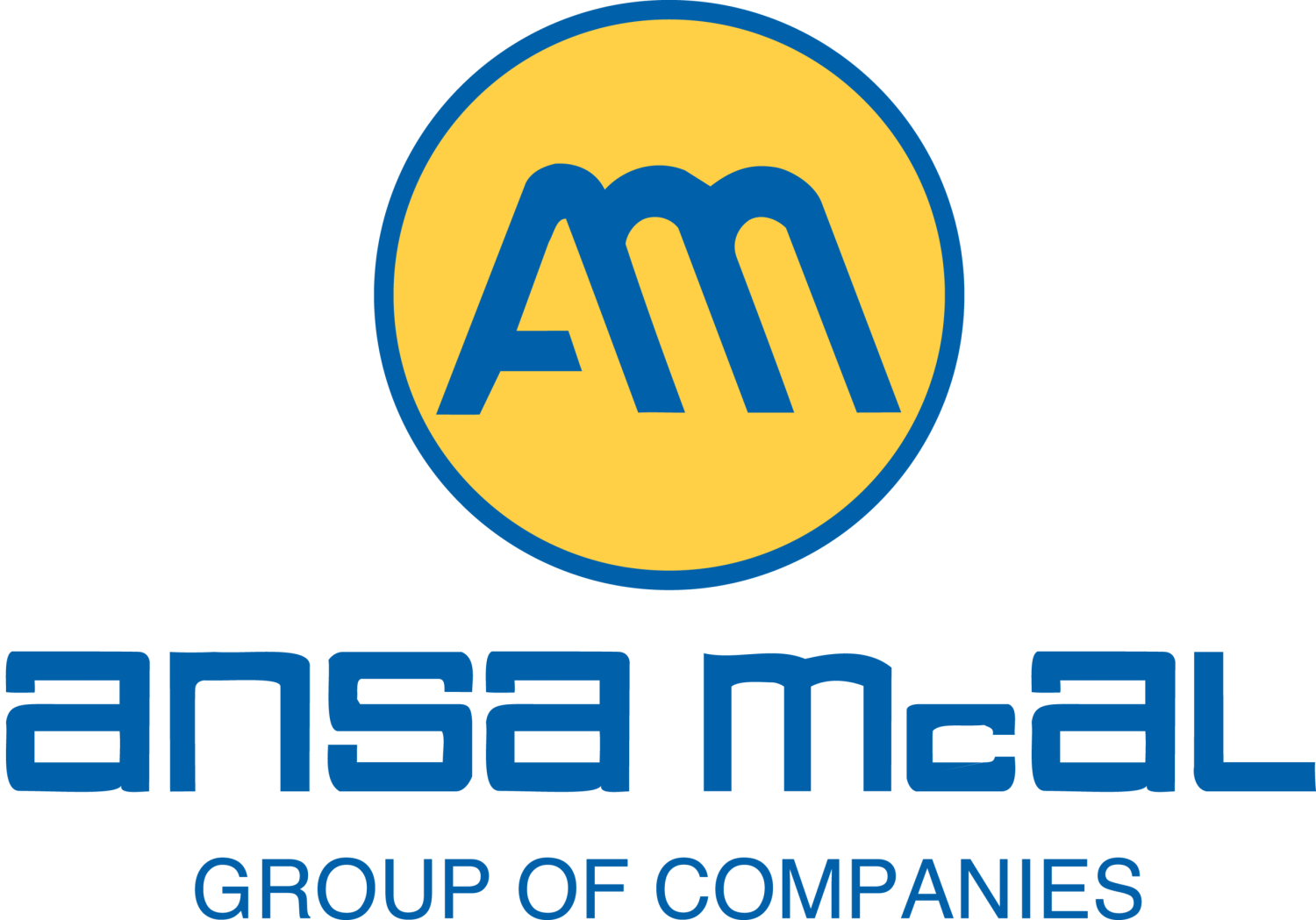While the Public Procurement Commission (PPC) has found that the procurement laws were broken in the award of $632 million in contracts for the emergency supply of pharmaceuticals, the government recently approved a $515.1 million payment to supplier ANSA McAL for fulfilling its contract.
At an Alliance For Change (AFC) press conference yesterday, Minister of Public Security Khemraj Ramjattan and Minister of Public Infrastructure David Patterson both confirmed that the payment was brought to Cabinet’s attention for noting.
The $515, 178,268 represented payment for pharmaceutical drugs already delivered by the company.
“It was initially $605 million. We received five hundred and X amount… and noted,” Patterson said.
“Cabinet has noted. It was brought to our attention and we noted that it has satisfied the requirements of the procurement act and that’s what we do… Prime Minister (Moses Nagamootoo) made the case and yes, we indeed, we noted,” Ramjattan interjected.
The Cabinet decision document, signed by Minister of State Joseph Harmon on September 11, explained that a Cabinet sub-committee considered the contract for the procurement of emergency pharmaceutical supplies for the Georgetown Public Hospital Corporation (GPHC).
It noted, “The award of the contract by the Procurement Agency, for the waiver of NPTAB [National Procurement and Tender Administration Board] procedures to facilitate the award of the contract, through sole sourcing, for the procurement of emergency pharmaceutical supplies for the [GPHC], from ANSA McAL, at a total cost of five hundred and fifteen million, one hundred and seventy eight thousand, two hundred and sixty eight Guyana dollars (G515, 168, 268).”
A source close to details of the contract told Stabroek News yesterday that ANSA McAL has been informed that it will be paid soon. “It deserves to be paid because it has delivered on its end, suppling the drugs it was required to,” the source said.
“How can anyone expect ANSA McAL to not be paid? The rules were broken but when ANSA got into the arrangement with the GPHC, a company it has done business with for many years, it was not a requirement to ask if the laws were broken. You enter into such an agreement in good faith that they would have done what they have been doing all these years. Why that company should be penalised for something it had no say in,” one source said.
“As far as I am concerned, ANSA did this country a good in getting needed medication at a critical time. If government doesn’t pay ANSA and the company takes them to court, it can cost taxpayers more. Why waste time and money?” another source said.
A four-month-long investigation conducted by the PPC into the purchases had found that laws were broken.
“As everyone noted, if the entity was supposed to go to the National Procurement and Tender Administration Board and they did not do that, then the law was broken. So, yes, it was found that laws were broken,” Chairperson of the PPC Carol Corbin told this newspaper two weeks ago.
PPC Commissioner Sukrishnalall Pasha is expected to submit a minority report to the National Assembly to accompany the report on the findings of the investigation. A source told this newspaper that Pasha’s report recommended that payment be halted and “proper lawful channels be taken.”
The PPC’s investigation began after the controversial purchases were drawn to the public’s notice by Stabroek News in March of this year. Stabroek News had initially reported that the GPHC had sought approval for an “emergency” purchase of $605.9 million in items from ANSA McAL. It turned out that the purchase was not in compliance with the procurement law and that a number of items sought from ANSA could not be deemed emergency supplies. It was later revealed that three other “emergency” purchases were made by the GPHC, in breach of the procurement laws, from New GPC (to the value of $20.8 million), Health2000 ($2.9 million) and Chirosyn Discovery ($2.1 million). It is unclear if the other three companies will also be paid.
Efforts by this newspaper to get a comment from Corbin yesterday proved futile as calls to her phones were not answered.
With the single-sourced purchases from the four companies clearly violating the procurement laws, Minister of Public Health Volda Lawrence came under scrutiny after she disclosed that she had fast-tracked the acquisitions because of the need for supplies at the hospital and because of improprieties in the system. She later clarified that she had nothing to do with the actual procurement process.
The GPHC has conducted its own probe of the matter at Lawrence’s behest and found that its former Chief Executive Officer, Allan Johnson, had acted “recklessly” in the matter but said that there was no information that Lawrence had instructed that procurement procedures be bypassed.
The admission by the GPHC board was seen as a huge embarrassment for the government, which had made strict adherence to procurement laws a key plank of its governance.







